Overview
Pashchimanchal Campus (IOE), located in Lamachaur, Pokhara, is one of Nepal’s most respected centers for engineering education. Established in 2038 BS (1981 AD) under the Institute of Engineering (IOE), Tribhuvan University (TU), it has grown from offering trade-level programs to becoming a full-fledged academic institution that nurtures future engineers in Nepal and beyond.
The campus is popularly known as the Western Region Campus (WRC) and was established with the assistance of the World Bank and the UNDP/ILO. It is situated in the foothills of the Annapurna range, surrounded by natural beauty that adds to the campus’s serene learning environment. The Seti River flows nearby, and the view of Machhapuchchhre from the campus is a daily inspiration.
Spread across 312 ropanis of land, the campus has played a transformative role in Nepal’s engineering education. With national and international recognition, it serves students from diverse parts of the country, fostering a space for academic excellence, innovation, and community connection.
Quick Highlights
-
Year Established: 2038 BS (1981 AD)
-
Affiliation: Tribhuvan University, Institute of Engineering (IOE)
-
QAA Accreditation: University Grants Commission (UGC) Nepal (2021–2026)
-
Campus Area: 312 ropanis
-
Location: Lamachaur, Pokhara, Gandaki Province
-
Undergraduate Programs: 7 engineering disciplines
-
Postgraduate Programs: 5 specialized fields
-
Total Annual Intake (Bachelor's): 432 students
-
Hostel Capacity: 513 students (Boys and Girls combined)
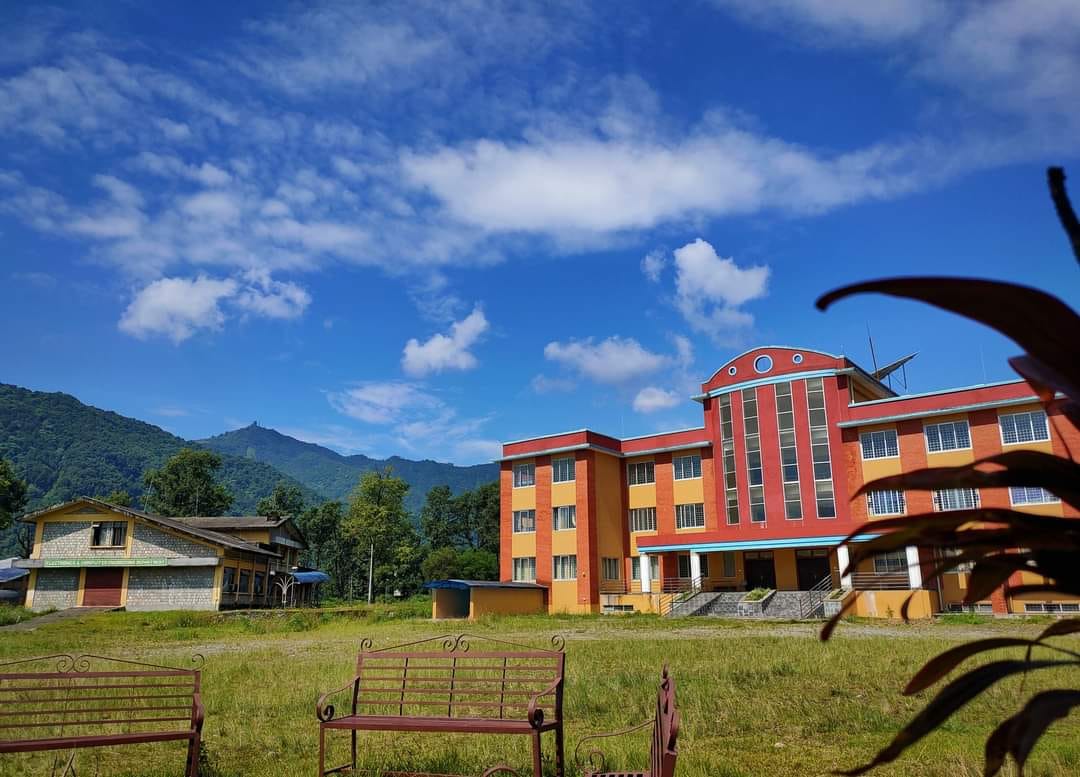
Academic Programs Offered
The campus offers a diverse range of academic programs designed to meet the growing demands of the engineering sector in Nepal and to prepare students for global competitiveness.
Bachelor’s Degree Programs (4-Year Duration)
-
BE Civil Engineering – 144 seats
-
BE Electrical Engineering – 48 seats
-
BE Mechanical Engineering – 48 seats
-
BE Computer Engineering – 48 seats
-
BE Electronics, Communication and Information Engineering – 48 seats
-
BE Geomatics Engineering – 48 seats
-
BE Automobile Engineering – 48 seats
These programs are designed to provide both theoretical grounding and practical training, enabling graduates to enter the workforce or pursue higher education in Nepal or abroad.
Master’s Degree Programs (2-Year Evening Shift)
-
MSc in Communication and Knowledge Engineering (MSCK)
-
MSc in Infrastructure Engineering and Management (MSIEM)
-
MSc in Electrical Engineering in Distributed Generation (MSDG)
-
MSc in Rock and Tunnel Engineering
-
MSc in Geospatial Engineering
These postgraduate programs focus on specialized knowledge and practical application. Students are encouraged to conduct original research and many publish in national and international journals.
Admission Process
Admission into both bachelor’s and master’s programs is through competitive entrance examinations conducted by the Institute of Engineering (IOE) at Tribhuvan University. Based on merit, students are selected for either scholarship quotas or full-fee categories.
For every program, 10% of seats are reserved for female students to promote gender inclusion. All admission policies are transparent and follow Tribhuvan University’s regulations.
Faculty and Learning Approach
The teaching team at Pashchimanchal Campus includes professors, PhD holders, researchers, and experienced lecturers. The faculty comprises both academic and industry professionals, which helps bridge the gap between theory and real-world application.
Courses are taught using a combination of lectures, project-based assignments, workshops, lab experiments, and field visits. Group discussions, presentations, and research projects are encouraged to build both subject knowledge and communication skills.
Departments are active in developing and updating course content to keep pace with technological advancements, industry needs, and global academic trends.
Infrastructure and Learning Environment
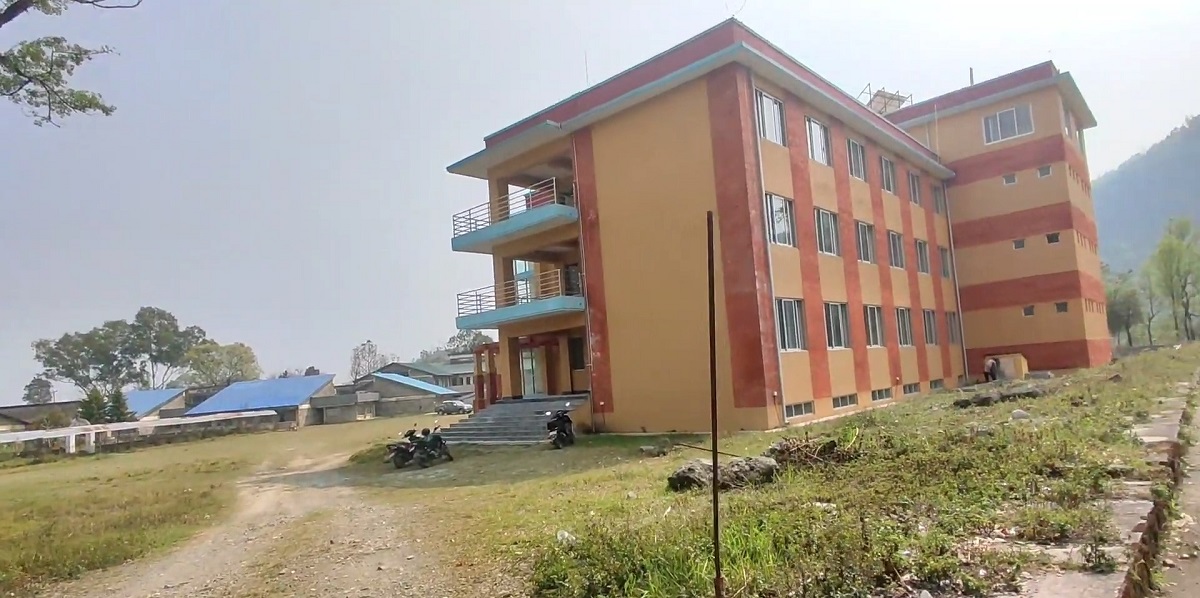
The campus is equipped with essential facilities that promote effective learning and student well-being.
-
Well-ventilated classrooms with digital learning tools
-
A central library with over 78,000 books, journals, and digital resources
-
Department-specific labs include civil material testing, electronics, communication, machine design, GIS, and power electronics
-
Engineering workshops for hands-on mechanical and automobile training
-
Center for Information Technology (CIT) provides internet and IT training services
Accommodation and Meals
-
Boys' hostel with a capacity for 408 students
-
Girls' hostel accommodating 105 students
-
Both hostels have dedicated dining facilities offering nutritious meals
Other Facilities
-
The campus cafeteria serves affordable meals and snacks
-
Health center for basic medical services
-
Auditorium with a 350-seat capacity for conferences and events
-
Multiple seminar and meeting halls across departments
-
Sports grounds and courts for football, cricket, volleyball, basketball, and badminton
Student Life and Campus Culture
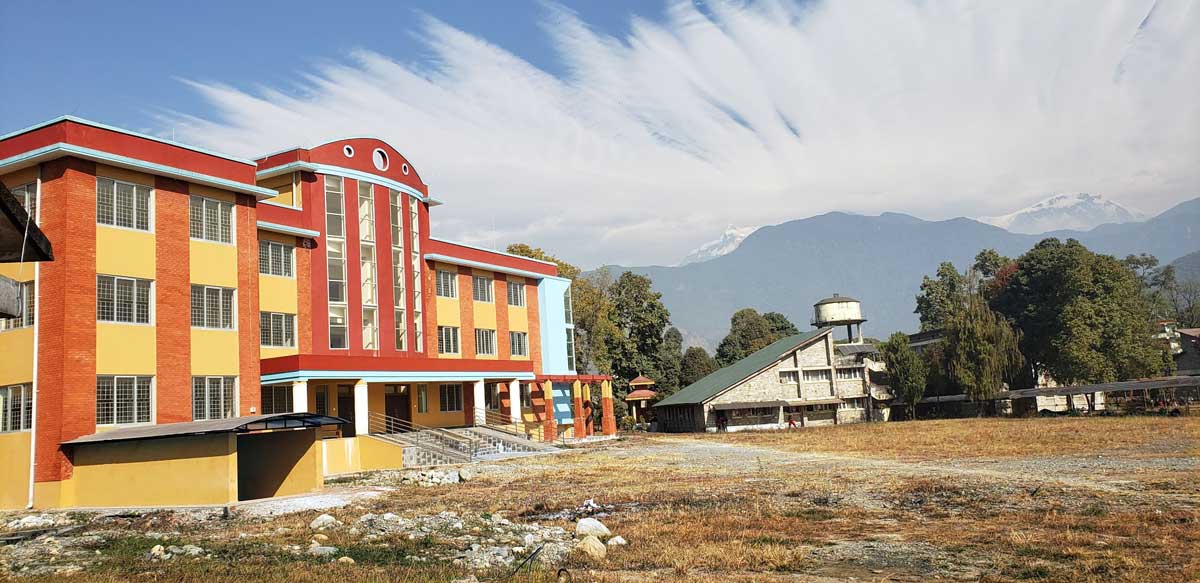
Pashchimanchal Campus values not only academic excellence but also personal development. Students are encouraged to participate in various co-curricular and extracurricular activities throughout the year. Events such as seminars, competitions, project expos, and technical festivals enhance learning beyond the classroom.
The campus also hosts a number of student-led clubs that allow individuals to connect with peers, gain leadership experience, and explore interests in science, innovation, and the arts.
Active Student Clubs
-
Robotics Club
-
Talking Minds
-
E-GEN
-
Club of Technical Students (COTS)
-
Geomatics Engineering Students Association Nepal (GESAN)
-
Algorithm
-
Society of Innovative Mechanical Engineering Students (SIMES)
-
Innovative Computer Engineering Students’ Society (i-CES)
These clubs organize workshops, national-level competitions, training sessions, and knowledge-sharing forums. Some of their initiatives have gained recognition beyond Pokhara, thereby enhancing the campus's visibility.
Scholarships and Financial Assistance
Pashchimanchal Campus is committed to ensuring that financial hardship does not become a barrier to quality education. In addition to national scholarships and the merit-based system of IOE, the campus offers the following awards:
-
Bhrigu Raj Adhikari Smriti Scholarship
-
Abinash Dangi Smriti Scholarship
-
Engineer Kul Ratna Gold Medal with cash prize for top-performing BE graduate
Female students receive dedicated support, including reserved quotas and targeted scholarships, to promote inclusivity.
Research and Innovation Culture
The campus fosters a vibrant research environment supported by its Research Management Unit (RMU). The unit provides research grants to both faculty and students, and organizes talks, training sessions, and publication support. Research is encouraged, from undergraduate final-year projects to postgraduate thesis work.
Recent research areas include:
-
Renewable energy systems
-
Urban infrastructure planning
-
GIS and Remote Sensing applications
-
Sustainable construction materials
-
Electric vehicle design and automation
Students are also motivated to publish their research findings and to participate in academic conferences.
Institutional Quality and Accreditations
Pashchimanchal Campus was awarded the QAA certification by the University Grants Commission in 2021. This recognition validates the campus’s commitment to quality assurance, continuous improvement, and academic integrity.
An active Internal Quality Assurance Cell (IQAC) coordinates all quality monitoring activities, supports data-driven planning, and ensures that the institution aligns with national education standards.
National and International Partnerships
Through the IOE Dean’s Office, Pashchimanchal Campus has established collaborative relationships with several global universities and institutions:
-
Indian Institute of Technology, Kanpur & Delhi
-
Norwegian University of Science and Technology
-
University of Manitoba, Canada
-
Osaka Sangyo University, Japan
-
Ball State University, USA
-
Prince of Songkla University, Thailand
These connections enhance academic exchange, research collaboration, and opportunities for student advancement.
Career Opportunities for Graduates
Graduates from Pashchimanchal Campus are employed in key sectors across Nepal and abroad. Alumni occupy leadership roles in:
-
Nepal Electricity Authority
-
Government engineering departments
-
Private sector infrastructure companies
-
International NGOs and INGOs
-
Higher education institutions
Many alumni pursue advanced degrees at reputed universities worldwide. The multidisciplinary nature of engineering programs, combined with a rigorous academic environment, prepares students to thrive in diverse career paths.
Why Pashchimanchal Campus?
Choosing the right engineering college is a crucial decision. Pashchimanchal Campus stands out because:
-
It has over four decades of academic legacy
-
The faculty includes experienced scholars and professionals
-
Programs cover both foundational and emerging areas in engineering
-
Students benefit from rich academic resources, modern labs, and ICT infrastructure
-
Campus life is dynamic with multiple clubs and leadership opportunities
-
Emphasis is placed on research, community engagement, and ethical education
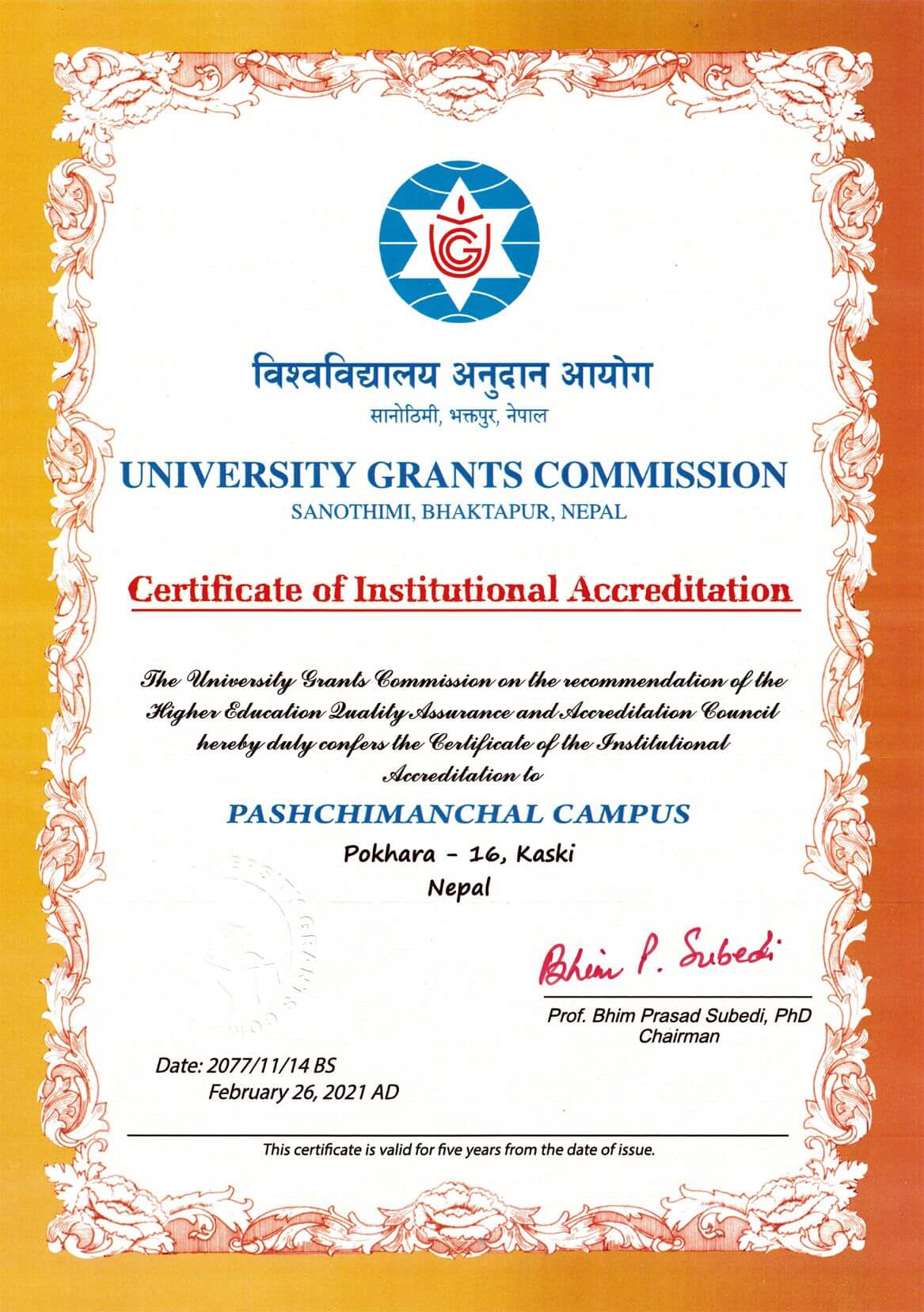
Conclusion
Pashchimanchal Campus continues to be a beacon of academic strength in engineering education in Nepal. Its contributions extend beyond classrooms, reaching into research, innovation, and community development. For students seeking a holistic, affordable, and academically solid engineering education, Pashchimanchal Campus offers a grounded and future-focused learning environment.



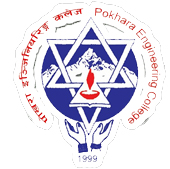
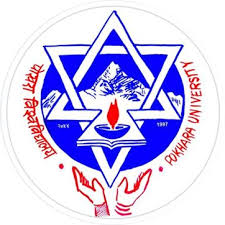
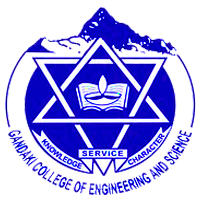










You need to login to comment.